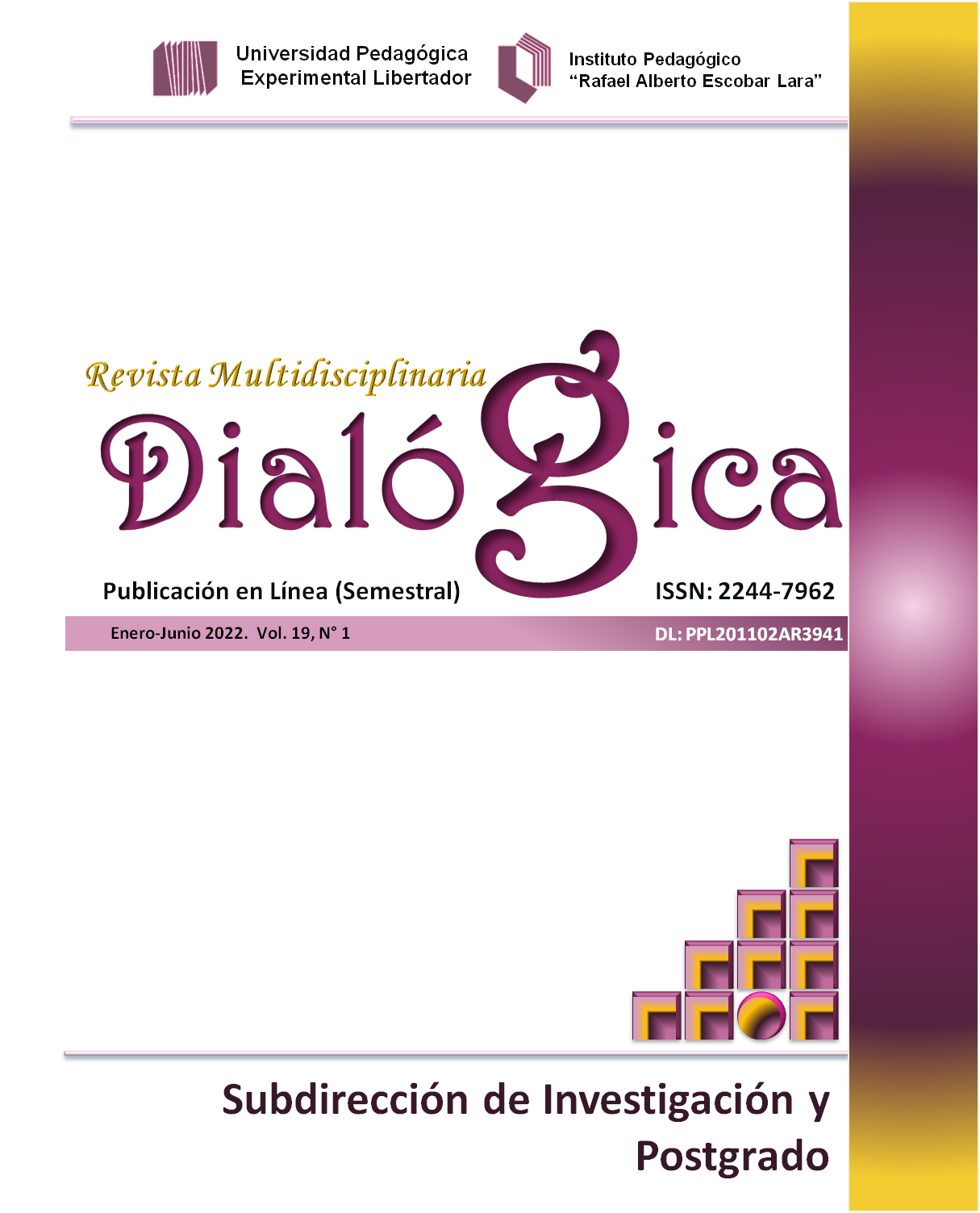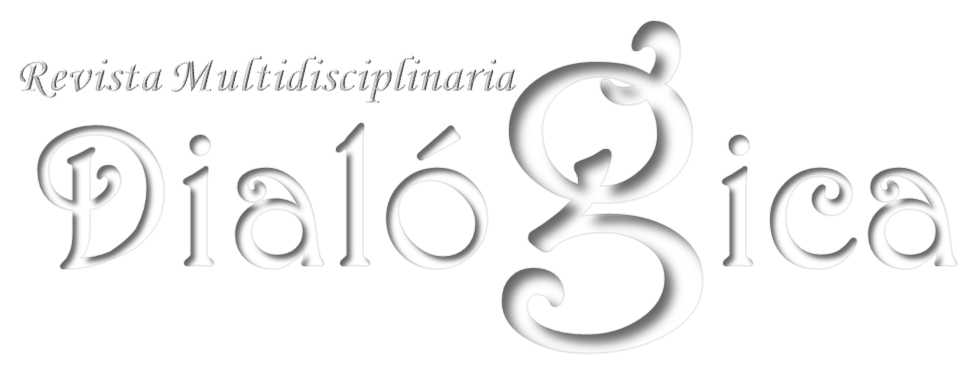EDUCATION AND THE POIESIS OF A NEW HOMO IN TIMES OF UNCERTAINTY
DOI:
https://doi.org/10.56219/dialgica.v19i1.2031Keywords:
education, evolution, technology, man, societyAbstract
Humanity is currently experiencing a social phenomenon that has changed the way we perceive reality. Education, for its part, through the use of technology, generates knowledge in Homo sapiens, developing the capacity for critical thinking in the face of changes and the demands of society. In a world characterised by uncertainty, it is necessary to avoid seeing it as negative, as it creates science, gives rise to a sense of criticism, reviews the episteme of each being and entity, and develops an understanding of reality from each conception and world of life. This requires a complex vision that understands that each Homo sapiens has a way of producing knowledge and that this is communicated rapidly through the technological tools of the present century with a remarkable evolution, primarily in education, ethics, values, morals and principles that allow us to leave the world of certainties to approach the world of adventure.
References
Aparici, R., y García, D. (2018). Comunicar y educar en el mundo que viene (2da. ed.). Gedisa.
Bachiller, R. (22 de abril del 2015). Homo digitalis. Diario El Mundo. https://www.elmundo.es/opinion/2015/04/22/5537d316e2704ef0498b4570.html
Bourdieu, P. (2008). Homo academicus. Siglo Veintiuno.
Cendoya, R. (2018). Revolución. Del homo sapiens al homo digitalis. Sekotia.
Cooper, P. (2020). 140 estadísticas de redes sociales que son importantes para los mercadólogos en 2020. Hootsuite. https://bit.ly/3eq4CdF.
Díaz, M. (2020). La modernidad líquida y la investigación: una nueva cosmovisión. En Ideas Emergentes. Pp. 8-13. https://es.calameo.com/read/004634144b792fe78b1e9.
Durkheim. M. (1922). Educación y sociología. Península.
García, J. (2015). Homo ethicus, homos religiosus. De moral y religión en clave psicológica. Cuadernos de psicología. Sociedad Latina de Comunicación Social.
León, F. (2013). Teoría del conocimiento (2da. ed.). Universidad de Carabobo.
Mejía, J. (2008). Epistemología de la investigación social en América Latina. Desarrollos en el siglo XXI. Cinta Moebio, 13, 1-13. https://www.scielo.cl/scielo.php?script=sci_arttext&pid=S0717-554X2008000100001
Menéndez, A. (2017). Historias del futuro: tecnologías que cambiarán nuestras vidas. Nobel
Morín, E. (1999). Los siete saberes necesarios para la educación del futuro. UNESCO.
Padrón, J. (2007). Tendencias epistemológicas de la investigación científica en el siglo XXI. Cinta de Moebio, 28, 1-28. http://www.facso.uchile.cl/publicaciones/moebio/28/padron.pdf.
Popper, K. (1982). Conocimiento objetivo. Madrid: Tecnos
Pozo, I. (2006). Adquisición de conocimiento. Cuando la carne se hace verbo (2da. ed.). Morata.
Prieto, F. (2018). El pensamiento crítico y el autoconocimiento. Revista de Filosofía, 74, 173-191. https://scielo.conicyt.cl/pdf/rfilosof/v74/0718-4360-rfilosof-74-00173.pdf
Salas, R. (2006). El mundo de la vida y la fenomenología sociológica de Schütz. Apuntes para una filosofía de la experiencia. Revista de Filosofía, 15, 167-199. https://dialnet.unirioja.es/servlet/articulo?codigo=2293997
Sartori, G. (1998). Homo videns. Sociedad teledirigida. Taurus.
Siemens, G. (2006). Knowing knowledge. Morrisville. Lulu.com.
Teixeira, D., y Martini, S. (2020). Conectivismo pedagógico: nuevas formas de enseñanza y aprendizaje en el siglo XXI. Revista Thema., 16(4), 1012-1025. http://periodicos.ifsul.edu.br/index.php/thema/article/view/1583


 @revistadialogica
@revistadialogica DialogicaUPEL
DialogicaUPEL RevistaDialogicaUPELMaracay
RevistaDialogicaUPELMaracay dialógicaupel@gmail.com
dialógicaupel@gmail.com dialogicaupel.blogspot.com
dialogicaupel.blogspot.com https://issuu.com/dialogicaupel
https://issuu.com/dialogicaupel https://revistas.upel.edu.ve/index.php/dialogica/
https://revistas.upel.edu.ve/index.php/dialogica/









